Don't wanna be here? Send us removal request.
Text
Hot Water History & Amazing Facts

Have you ever wondered about the things we use and do in our everyday lives and where it all began ? Who were the first people who tried things, what prompted them to do it and how successful their attempts were. Imagine the misery of cold water in the winter and the triumph of successfully heating your first bowl of hot water. Oh the joy of your hot drink, your food, bath or its stone age equivalent. Enjoying its everyday blessing, it improves our health, wellbeing and brings pleasure to our existence. Heating our beds at night, our showers or baths and the benefits of drinking it, from teas and coffees to as it is. Progressing from boiling over fires and stoves, to instantaneous gas or electrical heating, technology has increased our efficiency, saving energy and the planet.
Civilizations and Hot Water

The Romans: used aqueducts to supply water to public bath houses, complete with indoor plumbing and some containing debating rooms and libraries with socializing an important objective. The Ancient Greeks: mostly utilized small bathtubs and basins but established showers and baths in gymnasiums for relaxation and hygiene. Medieval Japan: before the 7th century people mostly bathed in springs outdoors until the adoption of Buddhism and the inclusion of a bathhouse in the temples.
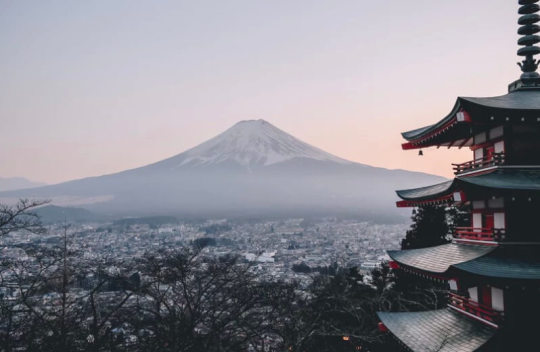
Ancient Indians: enjoyed such elaborate practices for personal hygiene that they bathed three times a day and it is still in practice today in some communities. Europe: In the Middle Ages, bathing commonly took place in public bathhouses. Public baths were also havens for prostitution, which created some opposition to them. Rich people bathed at home, most likely in their bedroom, as 'bath' rooms were not common. Bathing was done in large, wooden tubs with a linen cloth laid in it to protect the bather from splinters.
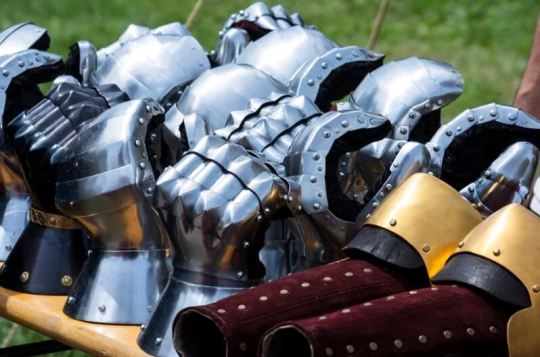
Not everyone enjoyed the practice of bathing and it decreased in popularity in the 16th century across most of Western Europe. Personal hygiene was at an all time low with only the areas of flesh exposed requiring bathing. Additionally, during the Renaissance and Protestant Reformation, the quality and condition of the clothing (as opposed to the actual cleanliness of the body itself) were thought to reflect the soul of an individual. Clean clothing also reflected one's social status; clothes made the man or woman. This was not a pleasant time to be in large gatherings or confined spaces! It was often so bad that women carried tiny posies of flowers to avoid odors (which is the reason brides still carry bouquets to this day) Thankfully bathing underwent a revival in the mid and late 18th Century due to Christianity placing a strong emphasis on hygiene and good health. Clement of Alexandria and Pope Gregory the Great urged followers to value bathing.
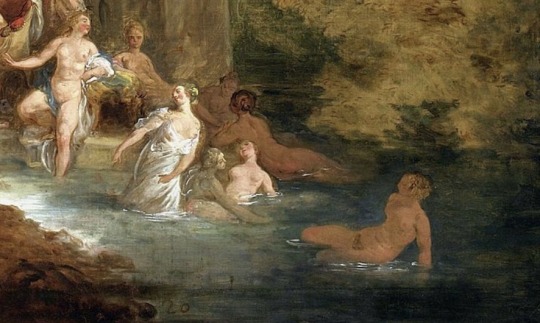
Modern Day: most people could not envision a life without daily bathing of some kind and the accessibility of hot water enables us to enjoy this simple pleasure as often as we wish.
Hot Water Heating Methods through the ages
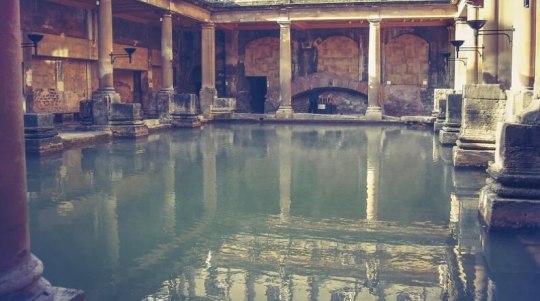
306 AD: Romans had large baths facilitated with heated water, whereas these were not considered as real water heaters, but can be regarded as a pioneer work for water heating. 1868: An English painter Benjamin Waddy Maughan patented the first water heater. This was the very first residential water heater, which used natural gas’ses for heating the water. The heater did not have a flue for the ventilation of gas vapors, so it was unsafe to use in households. 1889: Edmund Ruud took inspiration from Waddy Maughan’s water heater and took forward his design by including additional safety features. This was the initial step towards the invention of the modern water heater.

Edmun Ruud Hot Water System Engineer 1880's 1990: This era is considered as the golden period for water heater inventions. Many designs of water heaters were postulated by various people. It was the period when electric water heaters, solar water heaters and gas water heaters came into existence. Present: Today, we are only required to turn on the switch of a water heater and hot water is directly tapped into our showers, bathtubs, sinks, and basins. This seems like a miracle but it is the advancement of technology. Technology has made our lives so much easier.
The Water Heating Process
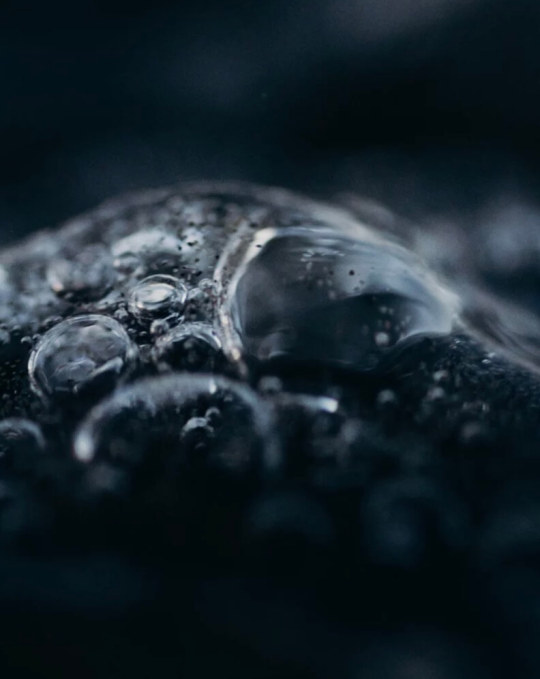
Water heating is a heat transfer process that uses an energy source to heat water above its initial temperature. Rarely, hot water occurs naturally, usually from natural hot springs. Domestically, water is traditionally heated in water heaters, kettles, or pots but this did not produce a continual supply of heated water at a preset temperature. The temperature varies with the consumption rate, becoming cooler as flow increases.
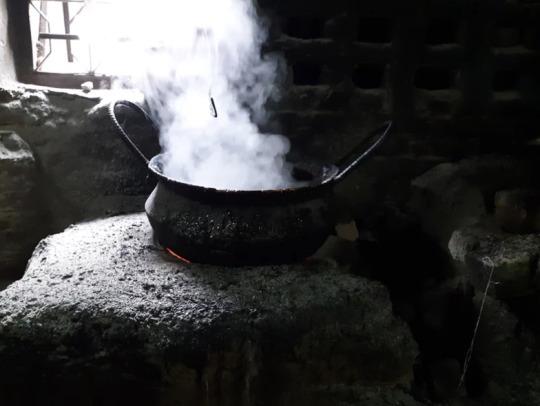
Appliances that provide a continual supply of hot water are called water heaters, hot water heaters, hot water tanks, boilers, heat exchangers, geysers, or calorifiers. These names depend on region, for domestic or industrial use, and their energy source. Heating hot water today - Instant Continuous Flow Hot Water Vs Traditional Hot Water Storage Tanks With the best Instant Continuous Flow Hot water systems, you never run out of hot water as it can maintain the flow indefinitely, no matter how many people have used it before you.
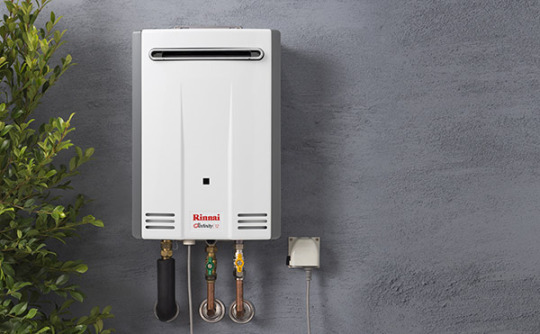
Traditional Hot Water Storage Tanks have a limited capacity typically between the 135L and 170L storage range and once all the storage in the tank is used up it takes time to reheat the fresh water entering the tank.
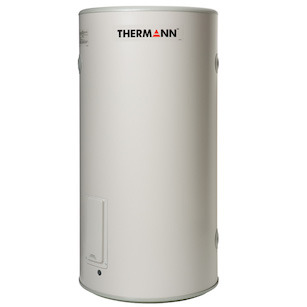
Fossil fuels (natural gas, liquefied petroleum gas, oil), or solid fuels are commonly used for heating water. These may be consumed directly or may produce electricity that, in turn, heats water. Electricity to heat water may also come from any other electrical source, such as nuclear power or renewable energy. Alternative energy such as solar energy, heat pumps, hot water heat recycling, and geothermal heating can also heat water, often in combination with backup systems powered by fossil fuels or electricity. Densely populated urban areas of some countries provide district heating of hot water. This is especially the case in Scandinavia, Finland and Poland. District heating systems supply energy for water heating and space heating from combined heat and power (CHP) plants, waste heat from industries, incinerators, geothermal heating, and central solar heating. Actual heating of tap water is performed in heat exchangers at the consumers' premises. Generally the consumer has no in-building backup system, due to the expected high availability of district heating systems.

In the United States and Australia today, domestic hot water used in homes is most commonly heated with natural gas, electric resistance, or a heat pump. Electric heat pump hot water heaters are significantly more efficient than electric resistance hot water heaters, but also more expensive to purchase. Some energy utilities offer their customers funding to help offset the higher first cost of energy efficient hot water heaters. Increasing, many households are turning to solar energy to heat their homes and their water, being both low in cost and minimal on impact on the environment. Many industries rely heavily on hot water in their processing and for their cleaning needs.
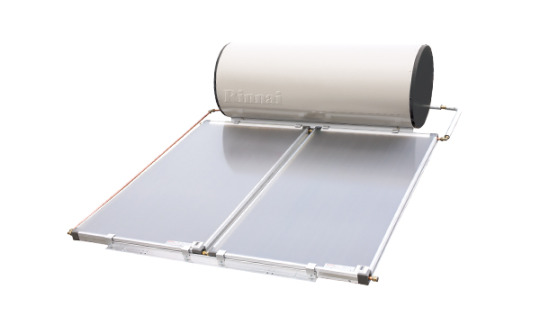
There is a lot of research being conducted into our well being and health and the following has been discovered about bathing and consuming hot water. Top 10 Reasons for Hot Water Bathing or Showering Fall asleep faster. Twenty minutes in a warm bath relaxes the body and better prepares us for falling asleep. It releases tension, increases the body temperature and soothes us both mentally and physically.

Relieves muscle tension. Hot showers can relieve tension and soothe stiff muscles working like a massage on your neck, shoulders and back. It’s a quick energizer and gets us going in the morning too.

Improves blood circulation. Both hot showers or hot baths improves blood circulation. Imersing yourself in a bath up to your neck creates physical pressure on the blood vessels, increases the hearts capacity and is equivalent to a light workout.
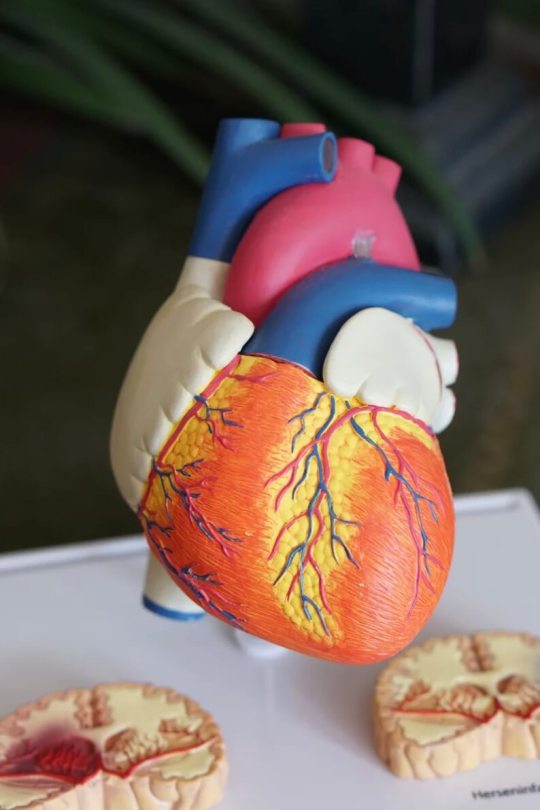
Lowers blood pressure. Great system to use for those with heart conditions, but check with your doctor first as it may increase your heartrate. Lowers blood sugar. Bathing can not only lower your blood sugar levels but burn calories too. Great news for those who don’t like exercising. You would have to double the time spent in the bath as an hour’s bath equates to half an hour’s walking. Same amount of calories burnt and same levels of blood sugar lowered. Cleaner, healthier skin. A good soak opens up the pores in our skin, washing away toxins and dirt, leaving us cleaner and fresher. Moisturizes our skin. The warm water leaves the skin moist for longer and helps the absorption of moisturisers and bath oils.

Helps relieve cold/flu symptoms.The steam from a hot shower or bath also acts as a natural decongestant to relieve cold symptoms. The heat helps to aid your recovery. Reduces headaches. Alleviating the pressure and constriction on our bloodvessels works effectively on most kinds of headaches. Helps us feel better about ourselves. When we feel better physically, we are more confident and more capable of dealing with the challenges of life. Our daily hot bath or shower reduces our anxiety, tension, aching muscles and lets us feel well taken care of, enhancing our quality of life. @4
Good Reasons for Drinking Hot Water.
Love starting your day with your usual coffee or hot cup of tea? Try starting it with a cup of hot water instead. Adding lemon or ginger and various herbs such as peppermint and chamomile has many health benefits. Drinking it plain is so good for you too.

Why drinking plain hot water is good for your health. It Calms and Soothes the Central Nervous System to Decrease Stress, relax you and give you pain relief from cramps and aches. Drink warm water throughout the day to help keep you calmer. Digestion - warm water flushes out toxins and cleanses the digestive tract, elimanating waste and aiding digestion. It breaks down hardened fats and oils that cause indigestion. Weight Loss - Just as much as hot baths and showers aid in weight loss and burning calories, drinking hot water will raise your body temperature, increase your metabolism and clear out waste and eliminate bloating. Hydration - Adding hot water to your daily hydration regime instead of having cold water only will give you all its benefits and help increase your daily water intake. Relieves Nasal Congestion - Inhaling steam helps blocked nasal passages and sinuses. It soothes sore throats and stops the tickling in the throat. I find it excellent for soothing coughs too. Blood Circulation - Try having a cup of hot water while relaxing in a hot bath. Both relax your muscles and helps with blood flow. You will enjoy an amazingly restful sleep after. Clear Skin - Hot water eliminates toxins from the body, helps to repair damaged skin cells, preventing skin breakouts, dry skin and premature signs of aging. Hair Health and Growth - Drinking plain hot water will keep you hair soft and shiny, accelarating hair growth. It helps to keep your scalp hydrated, dandruff free and moisturized. Replenishes vitamins and minerals post workout while aiding rehydration. No matter what your heating preference, whether you enjoy steam, bath or shower or whatever your favourite cuppa is, hot water is essential to our health, wellbeing and prosperity. Never be without it.
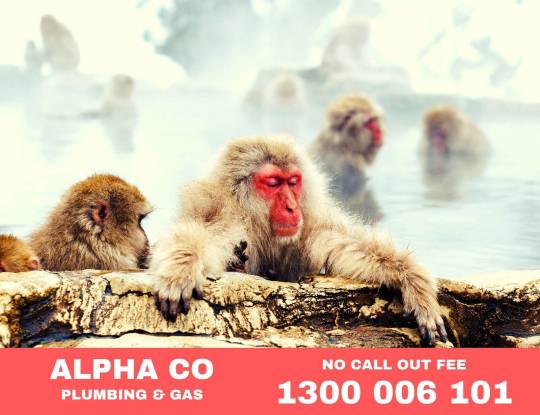
Read the full article
0 notes
Text
This Little Hose in Your Home Could Cost You Thousands

If you've looked under your basin in you bathroom you may have noticed shiny braided piping. This plumbing pipe is called a braided flexible hose. It allows the hot and cold water to flow to your taps. They're designed for water flow and are used across Perth and Western Australia.

Basin Hose Hazard
Unfortunately braided flexible hoses or silver basin hoses have a limited lifespan! Another item to add to your list of running home expenses unfortunately. In fact, a burst flexible hose can cost thousands of dollar of damage. Home owners have too often return from a trip or vacation, only to find thousands of litres of water running through the home.

Recommendation
Alpha Co Plumbing and Gas recommends that Perth and surrounding suburbs home owners inspect all flexi and basin hoses every 3 to 6 months.
How to spot a failing Flexi hose
If you can see any sign of rust on the pipe then it means its material has started to deteriorate. It is equivalent to a flood time bomb. Additionally, while you may not notice rust, the pipe may be deformed in some way. If the pipe is no longer tubular and healthy looking then it means the internal structure has broken. Again, a leak or burst can occur at any time. You should make sure to inspect all the hoses in your home. You can find them: Under the kitchen Sink Under the Bathroom Basin Behind Filtration Systems Behind Toilets Don't be the victim of a simple missed hose check. If you find any of the above, or think you require a professional inspections, call Alpha Co Plumbing and Gas on 1300 006 101 or visit us at https://www.alphacoplumbing.com.au We look forward to assisting you. Read the full article
0 notes
Text
Gas Plumbers Perth | Alpha Co Plumbing
Gas Plumbers Perth are hard to come by if you’re looking for quality, affordable pricing and excellence in service. Alpha Co Plumbing and Gas is your fastest, easiest and cheapest gas plumber in Perth, Western Australia. Our Gas Plumber service in Perth can install gas bayonets, gas stove tops and gas connections to your homes, business or premises. Alpha Co Plumbing and Gas are Perth’s leading gas plumbers since 1999. We are fully licensed Perth gas plumbers who are experience in quickly, effectively and cheaply installing gas and gas appliances. Alpha Co Plumbing and Gas are your best gas plumbing service to repair gas piping and connections inside and outside your home, businesses and public facilities. There is no gas connection jobs too small or too big. We connect gas stove tops, gas ovens, gas hot water, gas heaters and gas bayonets. Alpha Co Plumbing and Gas has the very best gas connection equipment available. Our plumber staff are highly trained to safely work with your gas piping and connections. Don’t pay unreasonable costs for underperforming plumbers. Call Alpha Co Plumbing and Gas: we’re affordable, on time, friendly, professional and honest. Call Alpha Co Plumbing and Gas today. Read the full article
1 note
·
View note